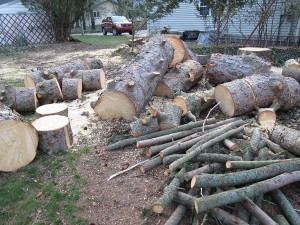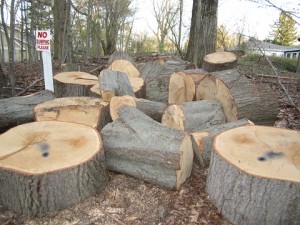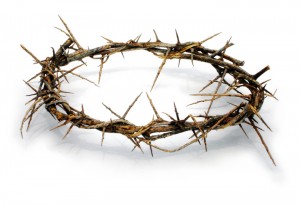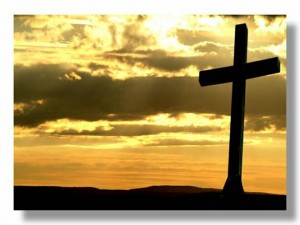As jack and I walk through our quiet neighborhood each day, the only sounds are natural ones: blowing evergreens, bird-songs, crickets, Lake Michigan’s waves. Lately, however, the tranquility has been overwhelmed by buzzing chain saws and roaring wood chippers.
Tree trimming experts are moving through the area “following the dots” that were painted on tree trunks over a year ago. (Do I understand?) They’re widening air space around electrical wires in an effort to keep them out of harm’s way when storms and high winds cause limbs to fall.
In some cases, entire trees have been brought down but not in the old fashioned way. Although arborists used to shout, “Tim-berrrr!” to warn of a long-falling trunk, today’s workmen take trees down chunk-by-chunk from the top, using sky-high cherry pickers, miles of rope, and men who aren’t afraid of heights.
Gradually monster-size piles of wood have been left here and there around the neighborhood, waiting to be removed later. This one was humorously deposited at the base of a NO DUMPING sign.
God has a few of his own NO DUMPING signs, hoping we’ll read and heed them, but sadly most of us don’t. One of those is written in especially big letters so we’ll be sure to see it, and it has to do with dumping on ourselves.
Jesus says, “Your sins are absolute trash. Just as garbage that’s left too long in your home gets really vile, sins do the same. They need to be regularly discarded to keep your inner self clean.”
What often happens, though, is we work to clean up all we know is wrong, get ready to give it to God since he offers to haul it away, but then throw it right back into our soul-houses instead. He holds up his NO DUMPING sign, but that doesn’t usually stop us from dumping back into our lives.
Most of us have a desire to obey God’s signs, trusting him to permanently dispose of our sins once we ask for forgiveness. But feeling guilty makes us want to pay for what we’ve done rather than concede that Jesus has already done that for us. To dump it all on him rather than ourselves seems too easy.
Forgiveness of sins ought to hurt more, we think, but therein lies the measureless value of our salvation. Jesus did the hurting for all of us beneath a dumped load of unimaginable weight. For us to continue re-dumping those same sins back onto ourselves again and again is, in a way, refusing to acknowledge what Jesus accomplished on the cross.
* * * * * * * * *
Having watched the tree-cutting activity in our neighborhood for several weeks now, I know the men will be back to remove the pile of wood in the NO DUMPING zone. But am I as diligent in dealing with the sin-debris in my life? And when I am, do I heed God’s NO DUMPING sign or dump it all back to where it came from?
“All the prophets testify about [Jesus Christ] that everyone who believes in him receives forgiveness of sins through his name.” (Acts 10:43)






